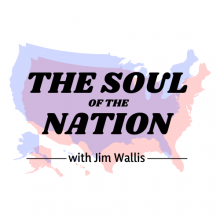Opinion
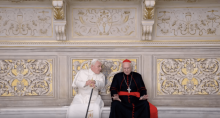
The film humanizes the two popes, while exploring their different ecclesial emphases: church as an inward-facing haven from the world or church as an outward-facing sojourner.
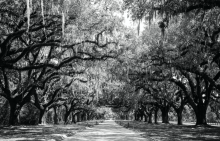
With picturesque homes and landscapes, plantations promote a false message of comfort and simplicity. But the people who worked the grounds, managed the home, and fostered their families enjoyed none of the supposed serenity.

At Sojourners we have had a long relationship with the word “community.” It can mean many things, but it’s a phrase we cling to as part of our calling. A theme that we hear from so many people is that Sojourners helps them feel connected to a community of people of faith who care about social justice.

Mary’s example is an especially powerful one in these troubled times when people insist that their truth is the only truth.

Yesterday, the website for Christianity Today, the flagship publication for mainstream evangelicalism founded by Billy Graham, crashed from the influx of traffic when CT published an editorial arguing that President Trump should be removed from office. The editorial said that whether that happens via the impeachment process going on in the House and Senate, or the voters in November 2020 is a fair question on which reasonable people can disagree, but that the personal and public immorality of President Trump, as revealed in the House of Representatives’ impeachment investigation, is so egregious that he must be removed as a matter of faith.

In 2019, a good handful of movies left me feeling elevated; better still, the most joyful films of the year were also among the wisest.

Meritocracy fails to give communities of color the comforts and privileges of mediocrity.
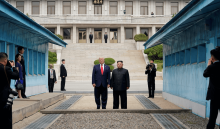
Today, the space to negotiate peace on the peninsula remains accessible as both Koreas and the United States are not only aiming for peace and denuclearization, but on genuine economic cooperation.

Who are the lamplighters of our time, the ones lighting the dark paths we are journeying? What do they have to teach us about keeping up hope?
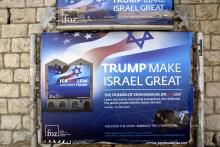
Trump’s latest executive order is yet another chapter in the spiritual story created by evangelicals.
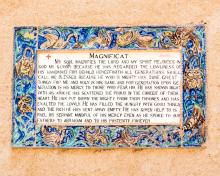
The scriptures assigned to the church during these days of hopeful waiting are filled with warnings against unjust rulers. This is repeated frequently in the Psalms, in the voice of one crying in the wilderness, and in the prayerful praise offered by Mary. The Magnificat, whose words are sung and prayed hundreds of thousands of times during these days, speak forcefully about the demise of the proud and conceited — and rulers who act like tyrants.

That damage of war has been put on full display in films before, leaving many audiences wondering about the purpose of war films. Many films often placed strictly into the categories of being anti-war or glorifying war but 1917 evades easily falling into either category. When addressing this categorization, screenwriter Krysty Wilson-Caines made sure to note that she had no desire to glorify war.
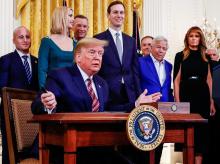
Trump's executive order undermines the freedom of Jewish self-definition.
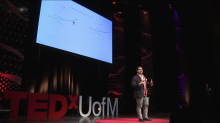
Abdul El-Sayed, a Michigan-born American of Egyptian descent who, last year, very nearly became the first Muslim governor in U.S. history. Abdul is a professor and medical doctor turned politician and civil servant, who has a fantastic new podcast with on public health called America Dissected. Additionally, his new book, Healing Politics, will be out on May 5, 2020 and is now available for pre-order.
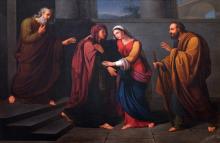
As a historian who has spent a career studying pregnancy and birth, I always look forward to Advent. During the weeks leading up to Christmas, the scripture passages read aloud in Christian churches feature not just one, but two stories of miraculous pregnancies that end in safe and happy births. The more famous, of course, is the story of Mary’s pregnancy with Jesus.

An explosive report was published on Monday afternoon in the Washington Post, based on the Post’s review of thousands of pages of interviews with people who played a direct role in the war, all previously unreleased until the paper recently won a multi-year court case on Freedom of Information Act grounds. And the report only gets more damning as it goes on.
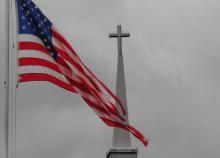
Partisans use Romans 13 to baptize their politics as being “ordained by God.” But Christians who reference Romans 13 typically do so using an us vs. government relationship. But unlike the first century when Roman rulers were mainly determined by heredity, lineage, or brute force, today we are the government. There is no us vs. them because we play an active role in how our government works and is run.
